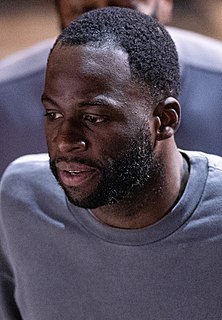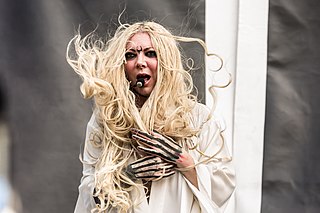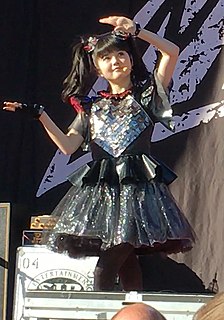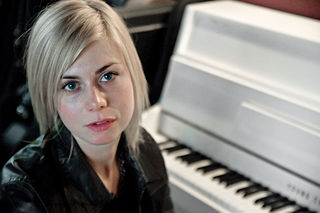A Quote by Marjane Satrapi
Americans think cinema is about storytelling; I don't believe that. I think it's a language and everyone has to find their own way of speaking. It's not so much what you say as the way you say it.
Related Quotes
As a storyteller, you have to have something to say. You have to look at the world, think about it in relationship to yourself, and say, 'I think this is a pattern,' or 'I think this is the way fatherhood works,' or 'I think this is the way first love feels.' The danger in that is, that's when you open yourself up to real critique.
I think it's good for anybody to learn languages. Americans are particularly limited in that way. Europeans less so... We're beginning to have Spanish move in on English in the states because of all the people coming from Hispanic countries... and we're beginning to learn some Spanish. And I think that's a good thing... Only having one language is very limiting... You get to think that's the way the human race is made; there's only one language worth speaking... Well, this isn't good for English.
For some people, I got away with something. And you know what? That's a fair thing to say, for them. I'm not saying I agree with that, but I can see how they can say that. But it's a matter of just like...you know, I'm really fortunate. As a journalist, I don't have to agree with you to talk to you. My job is to figure out why you think the way you think. I want to get to the root of why you think the way you think. That's what I find most fascinating as a storyteller.
It's kinda ridiculous what you can't say nowadays. You really can't say anything you believe! I think it's fricking ridiculous how sensitive everyone is to everything, how much things are frowned upon. How much stuff will cost you nowadays. I think it's fricking ridiculous that we can't - there's certain topics that you can't really say how you feel about.
In the past, you would take the time to write a love letter and you would think about what you wanted to say and compose it in a certain way. Now, everything is so short. It has to be, because it is rushed, and therefore, in a way, it loses a little bit of its importance. But I think it is very important to take the time to say what you want to say.
I think I'd rather tell the truth and say what I believe in and make people unhappy than sort of pretend to think something else to accommodate them and try to be liked. That's just the way it goes and I don't think I'm any great champion of anything, but if they're going to put me on a show, I'm going to say what I think.
Some feminist critics debate whether we take our meaning and sense of self from language and in that process become phallocentric ourselves, or if there is a use of language that is, or can be, feminine. Some, like myself, think that language is itself neither male nor female; it is creatively expansive enough to be of use to those who have the wit and art to wrest from it their own significance. Even the dread patriarchs have not found a way to 'own' language any more than they have found a way to 'own' earth (though many seem to believe that both are possible).
They say, "Katie, you're wrong." And if I say, "How dare you say that? I have studied and studied." Or, "I am an expert in" whatever area we're talking about. Or, "No, you are wrong! And I think you're rude!" Or anything like that, and if we don't say it out loud, maybe we think it, but that's stressful. The moment I've defended, in any way, I've started the war.
I think that the idea of boundaries is being challenged everywhere. And I think our fascination with sci-fi is that it is a boundary-less world where we can kind of create the reality that we believe to be as opposed to the reality that is. It is about the beyond and the unknown in a different way than pretty much any type of storytelling is.
Singing in second language makes you brave in a way you're not aware of. You say things in very blunt ways or direct ways. It sets your mind free because you don't have a history with the language. You have to use the most direct way of communication, which is saying what you want to say in the way you can.







































